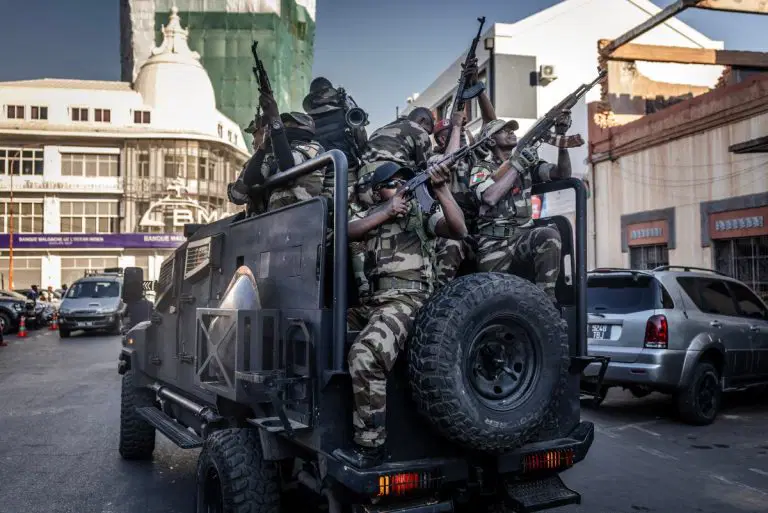An elite military unit, CAPSAT, has taken control of Madagascar following the National Assembly’s vote to impeach President Andry Rajoelina for desertion of duty, amid weeks of anti-government protests over power and water shortages. The announcement triggered celebrations in the capital, Antananarivo, as crowds cheered the military’s move.

CAPSAT commander Colonel Michael Randrianirina declared the suspension of the constitution and the establishment of a governing committee comprising officers from the army, gendarmerie, and national police, with plans to include civilian advisors and form a civilian government soon. “We have taken power,” Randrianirina confirmed to AFP, as armored vehicles rolled through the capital, greeted by waving supporters.

The presidency denounced the action as “a clear act of attempted coup,” insisting Rajoelina, reportedly in hiding abroad, remains in office. Rajoelina, 51, who has French nationality, addressed the nation late Monday from an undisclosed “safe place,” possibly Dubai, vowing to resolve the crisis without stepping down. The constitutional court, however, validated the impeachment, which passed with 130 votes, surpassing the two-thirds threshold, and recognized Randrianirina’s authority.

The protests, initially youth-led and sparked on September 25, escalated when CAPSAT—key to Rajoelina’s 2009 coup—joined demonstrators, followed by the gendarmerie, which admitted to “faults and excesses” during clashes that killed at least 22 people, per UN reports. Demonstrators also expressed anger at France, Madagascar’s former colonial ruler, accusing it of interference.

The African Union, SADC, and the United Nations voiced concerns, with UN spokesman Farhan Haq stating opposition to any coup. As the situation unfolds, Madagascar faces uncertainty, with the military’s actions signaling a major shift in the nation’s political landscape.




